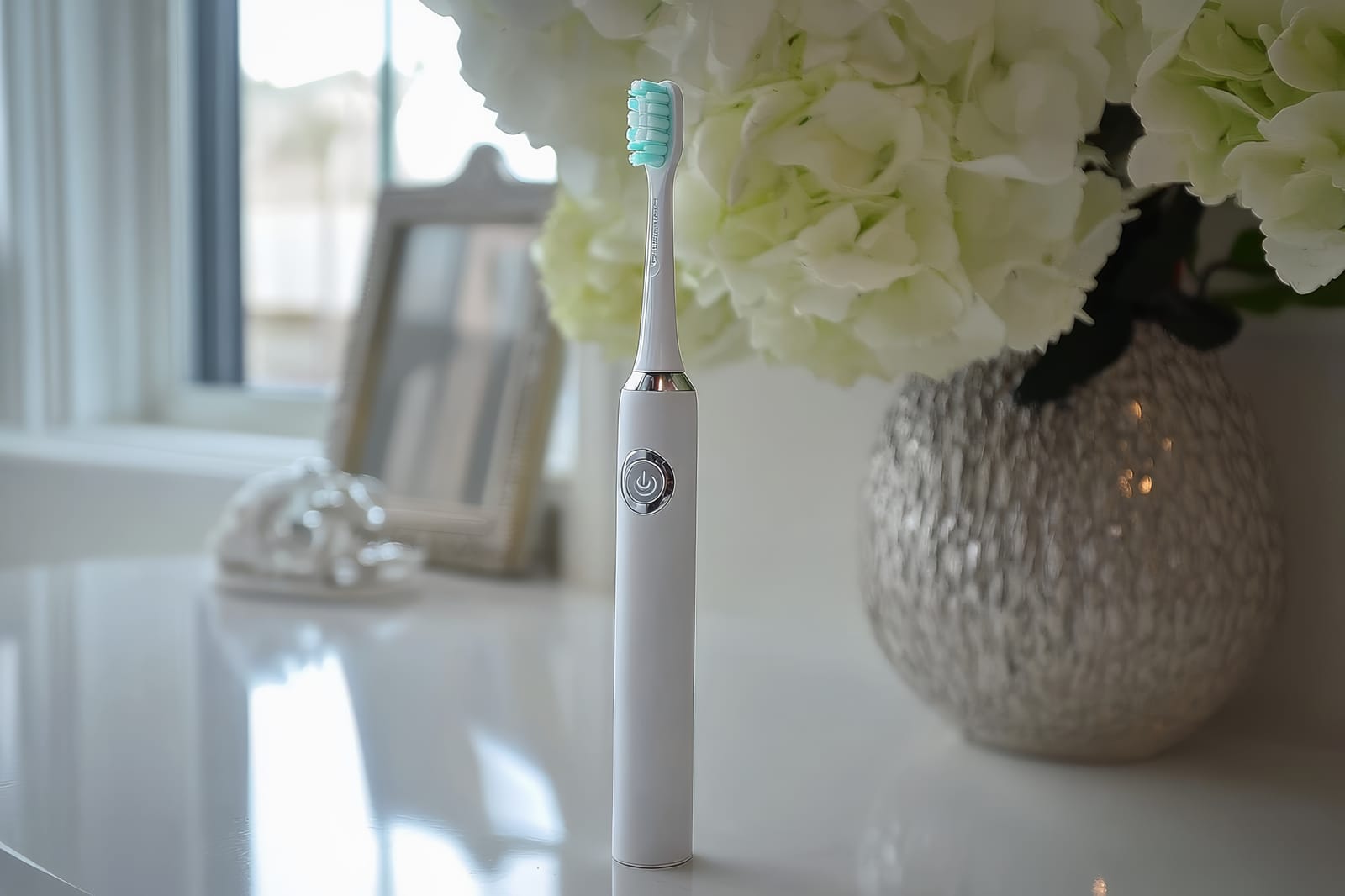What is a Tooth Extraction Like?

Feeling a little anxious about your upcoming tooth extraction? You are not alone as many people experience some form of dental anxiety or dental fear. When you are feeling nervous about undergoing any particular dental procedure, it is likely because you do not know what to expect.
When you know what you expect, you will feel more prepared. When you feel more prepared, you are less likely to experience the anxiety and/or fear that many people feel when undergoing a new dental procedure.
Why are tooth extractions necessary?
While your teeth were designed to last you your entire lifetime, there are times when they do need to be extracted from their mouth. The main reason for tooth extraction is because a tooth is so damaged that it can no longer be repaired, even by performing a root canal. The second reason is that there are too many teeth in the mouth, which will cause them to start shifting out of their proper positions.
What is a tooth extraction like?
The following is a list of details that explains what a tooth extraction is like. When dental patients know exactly what to expect when undergoing a dental procedure, they will not only feel more comfortable during the procedure, but they are also likely to visit their dentist more often.
The anesthetic
A dental professional will discuss a patient's anesthetic options with them before undergoing the procedure. Most patients do fine with a local anesthetic, but patients who experience anxiety or fear may want an anesthetic that allows for deeper relaxation. It only takes a few minutes for the anesthetic to work, after which the patient will not feel anything during the procedure.
Extracting the tooth
Extracting the tooth requires a dental professional to use a special dental tool in order to firmly grasp the tooth. They will carefully pull on the tooth and in different directions, with the goal of loosening the ligaments that are holding it in place and loosening the tooth roots from the jawbone. This part of the process normally takes between five and 10 minutes to perform.
Aftercare
A blood clot will begin to form once the tooth is removed.
- Gauze is used to stop the bleeding. This gauze will need to cover the surgical site for anywhere between 12 and 24 hours
- Over-the-counter pain medications are recommended for those experiencing any discomfort or minor pain
- An ice pack can be used to address any swelling
- For the first few days, soft foods are ideal and straws should be avoided
The extraction area will fully heal within two to three weeks.
Ready to undergo the tooth extraction process?
Now that you know what is involved with a tooth extraction, are you ready to get the process started? We understand how important it is for you to feel comfortable when undergoing any type of dental procedure, which is why our professional dentists will explain every step to you. We want you to receive the oral health care you need and that is why we work with you side by side, so you always know what is going on with your oral health.
All you need to do is call us now to schedule your first appointment.
Request an appointment here: https://www.stgeorgedentalcare.com or call St. George Dental Care at (435) 628-9099 for an appointment in our St George office.
Check out what others are saying about our services on Yelp: Read our Yelp reviews.
Recent Posts
Having a sensitive sense of smell can be both a blessing and a curse, as nothing disrupts personal comfort more than an unpleasant odor emanating from your mouth. A common concern for dental patients is the distinct and often embarrassing "rotten tooth smell." Understanding its causes, implications, and the appropriate remedies is crucial for maintaining…
Brushing your teeth is essential for maintaining a healthy, beautiful smile, and using an electric toothbrush takes oral hygiene to the next level. At St. George Dental Care, located in St. George, UT, we're passionate about helping our patients maintain optimal oral health through modern dental practices and expert advice. Electric toothbrushes are revolutionizing dental…
When it comes to maintaining your dental health, understanding the professionals who provide care can make all the difference in your experience. The terms "dentist surgeon" and "dentist" are often used, but many people don't fully grasp the distinctions between them. Are their education, scope of practice, and services they provide the same? Which should…
Does the thought of sitting in a dentist's chair make your palms sweaty? You're not alone. Dental anxiety is something millions of people experience, but we at St. George Dental Care believe visiting the dentist doesn't have to be nerve-wracking. That's why our focus goes beyond just cleanings and checkups—we strive to make you feel…


